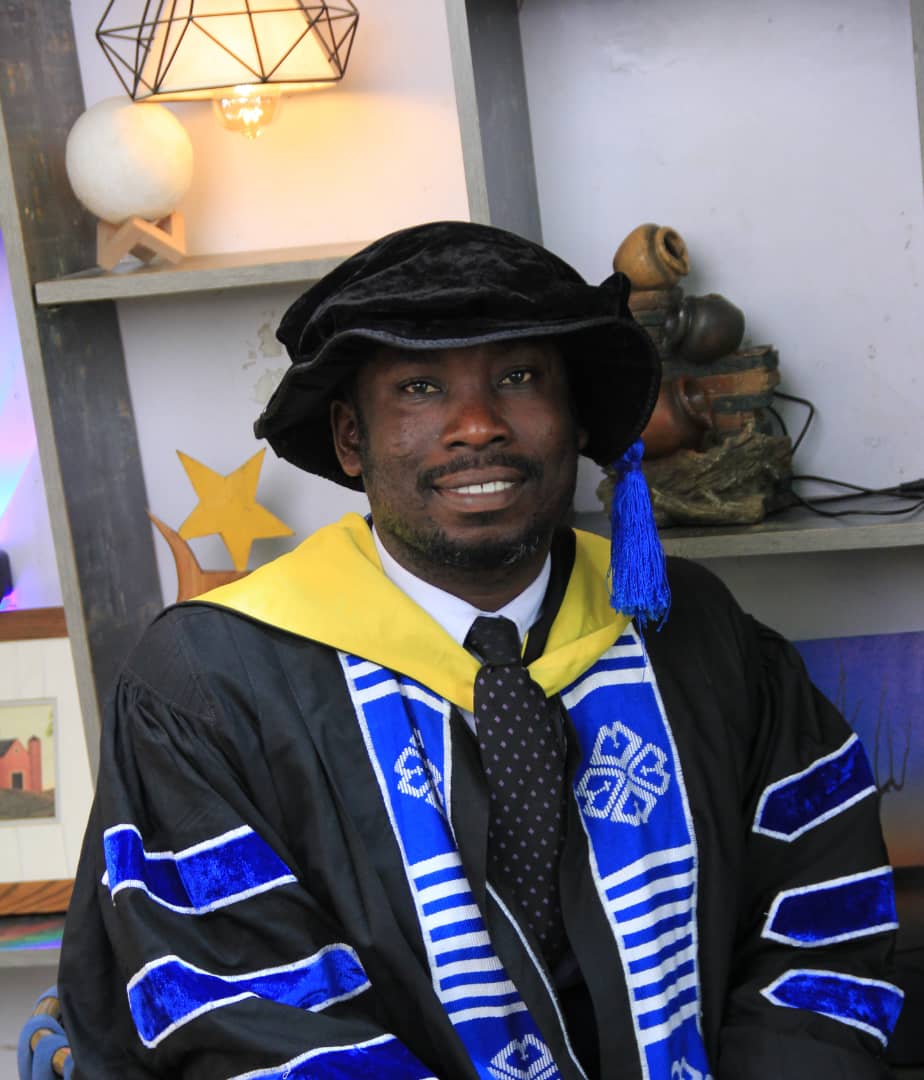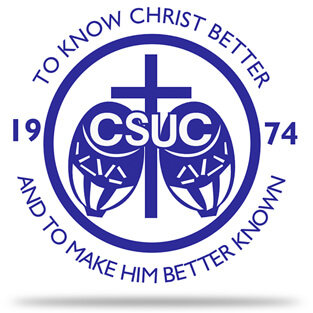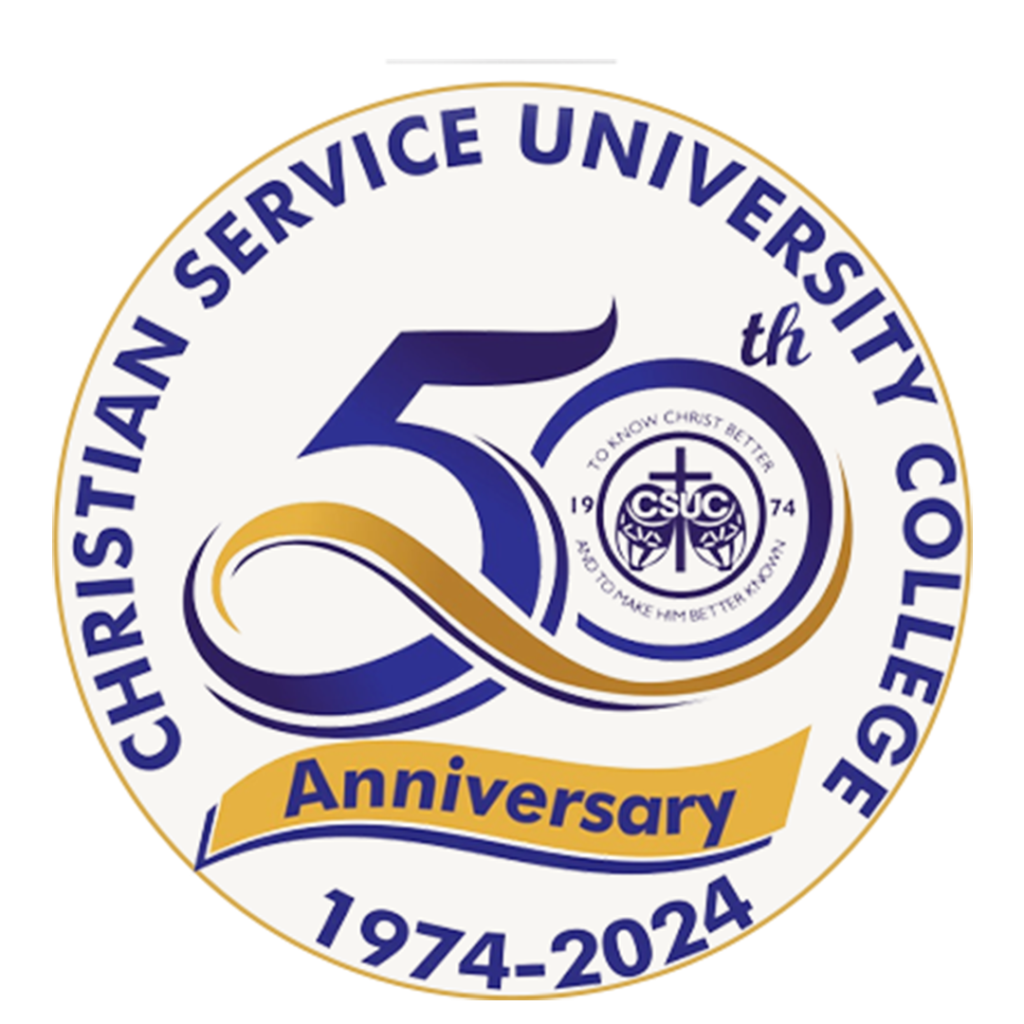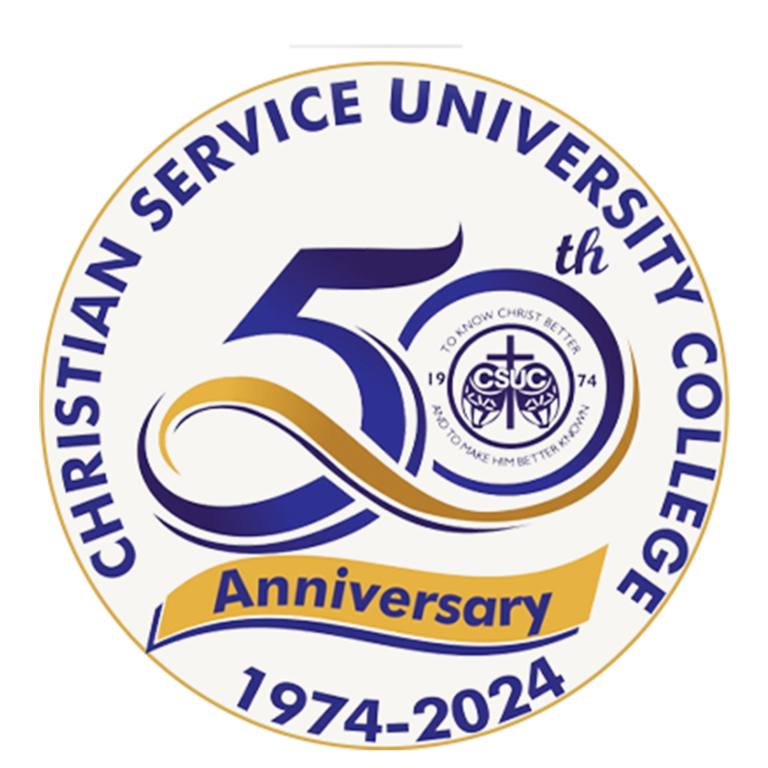Welcome Message

The Department of Planning and Development takes this opportunity to welcome all freshers and continuing students back to the Department and wish you a happy semester. With changes and realignment of some of the courses, the BA Planning and Social Development programme has been put on a higher pedestal to enable graduates from this department have an edge over their counterparts in other universities pursuing similar programmes.
Overview
The goal of the BA Planning and Social Development Programme is to produce highly qualified professional social development workers/practitioners and managers who will be able to apply the knowledge, skills, and enterprise acquired to provide development linkages, meet felt needs, and manage crises and relationships of individuals, groups, organisations, and institutions in the social sector: in view of the neglect over the years of social dimensions of development.
Programme Objectives
The objectives of the Programme are that by the end of the training, the social development worker/practitioner will be able to:
- Understand planning and social development as a process of transformation involving structural, attitudinal, social and institutional changes as well as poverty and creating safety nets for the vulnerable.
- Understand the role of the Christian faith in social development as seeking a decent and dignified living by restoring relationships with God, self, others, the environment, and the community at large.
- Demonstrate ability to use social assessment tools to identify problems/needs, formulate plans, translate plans into practical social development projects, and mobilise required resources for implementation, monitoring, evaluation and re-planning.
- Demonstrate ability to make critical assessment of social development issues and their practical application to social, cultural, environmental, scientific, and technological problems of communities.
- Use the social development approach, process, and interventions including training and education, participation, empowerment, advocacy, learning, seminar, workshop, and forum to bring about improvement in the quality of life of individuals, groups, families, and communities.
- Promote effective political-technical-communal consultation and dialogue that provide an enabling environment for community development.
- Apply appropriate social development ethics, cultural and religious sensitivity, communication forms and styles in dealing with clients in social development work.
- Integrate academic pursuit with moral and spiritual guidance and counselling that promotes character formation in mobilising and managing human, material, and financial resources for development.
Career Prospects
Graduates can look forward to good job prospects at the following institutions:
- Ministries, Departments and Agencies (MDAs);
- Metropolitan, Municipal, and District Assemblies (MMDAs);
- Private Sector;
- Non-Governmental Organisations (NGOs); and
- Civil Society Organisations (CSOs), including local churches and para-church organisations
- Self Employment
- Hospitals
- Media houses
- Prison service
- Community policing
- Social responsibility units within cooperate institutions
- Children home/SOS villages
- Social protection institution
Duration
The BA Planning and Social Development Programme is a four (4)-year (48 months) undergraduate programme. The course structure is fashioned along the lines of social dimensions of development.
Admission Requirements
- SSSCE credits (A-D) in six (6) subjects: three (3) electives from the Sciences, Arts, or Business programmes plus three (3) core subjects in English Language, Mathematics, and Integrated Science. Aggregate score should not exceed 24.
- WASSCE credits (A1-C6) in six (6) subjects: three (3) electives from the Sciences, Arts, or Business programmes plus three (3) core subjects in English Language, Mathematics, and Integrated Science. Aggregate score should not exceed 36.
- GCE ‘O’ and ‘A’ Level holders: Candidates should have two (2) G. C. E. ‘A’ Level passes and five (5) GCE ‘O’ Level credits including English Language and Mathematics. Applicants with three (3) ‘A’ Level passes plus a pass in General Paper may be considered for Level 200.
- General Business Certificate Examination (GBCE) with passes in six (6) subjects including English Language and Mathematics, plus Advanced Business Certificate Examination (ABCE) with passes in at least three (3) subjects.
- Post-Diploma and HND Candidates will be assessed on the basis of the curriculum content of their programme in addition to satisfying requirement ≠ 1, and placed at the appropriate level.
- Candidates who possess ACCA part I, CA part II or CIMA part II will be assessed on the basis of the curriculum content of their programme in addition to satisfying requirement ≠ 1, and placed at level 100.
- Mature GCE Candidates: Candidates aged 25 years and above with five (5) credits in the GCE including English Language, Mathematics, and a Science subject.
- Mature SSSCE/WASSCE Candidates: Candidates aged 25 years and above with passes in three (3) core subjects including English Language, Mathematics, and Integrated Science. They will be required to pass an entrance examination in English Language, Mathematics and Introduction to Computing.


